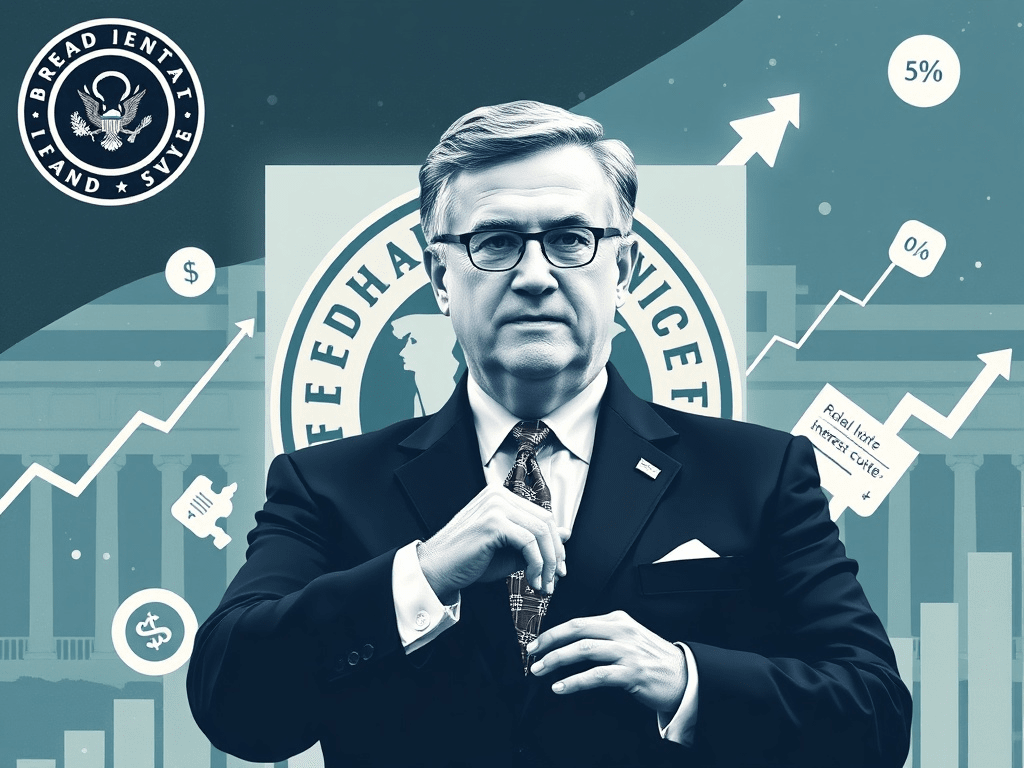Economic reports indicated that James Bullard, the former president of the Federal Reserve Bank of St. Louis, expressed his willingness to take over as chairman of the U.S. Federal Reserve, should suitable conditions arise. Sources revealed that Bullard discussed this possibility with U.S. Treasury Secretary Scott Bysant.
These developments come at a time when the White House, under President Donald Trump's administration, is seeking an alternative to current Chairman Jerome Powell, whose term ends in May 2026. Bullard is known for his supportive stances for starting a rate-cutting cycle beginning in September, calling for a reduction of 100 basis points over the course of one year, aiming to bring rates closer to neutral levels.
Bullard confirmed that tariff policies do not represent a key factor in raising inflation rates, but he acknowledged that their impact could be reflected in the pace of economic growth. He also stressed that he does not adopt a rigid approach to monetary policy, recalling his stances during the period of 2022-2023 when he strongly supported rate hikes to combat high inflation.
According to statements from the Treasury Secretary, the list of candidates to succeed Powell includes 11 prominent names, among them Michelle Bowman and Christopher Waller from the Federal Reserve, as well as Lori Logan, the president of the Federal Reserve in Dallas, and Kevin Hassett, former director of the National Economic Council. Official interviews are expected to begin after the Labor Day holiday in September.
The White House, for its part, sees a change in federal leadership as necessary to accelerate the pace of interest rate cuts. Trump has repeatedly directed sharp criticism at Powell, accusing him of delaying the decision to cut rates, calling for a radical reduction in interest rates from their current levels of between 4.25% and 4.50% down to around 1%.
Treasury Secretary Bysant emphasized that adopting a more flexible monetary policy will be a crucial factor in reviving the U.S. real estate market, as lower interest rates could stimulate investment in housing construction, which may contribute to stabilizing prices in the medium term.
Despite these trends, market estimates indicate that the Fed may settle for a limited cut of 25 basis points at its scheduled meeting in September. In the same context, Deutsche Bank issued a report confirming that the government proposal for a reduction ranging between 150 and 175 basis points lacks justification according to monetary policy rules, suggesting a more cautious step.
#Federal_Reserve #U_S_Economy